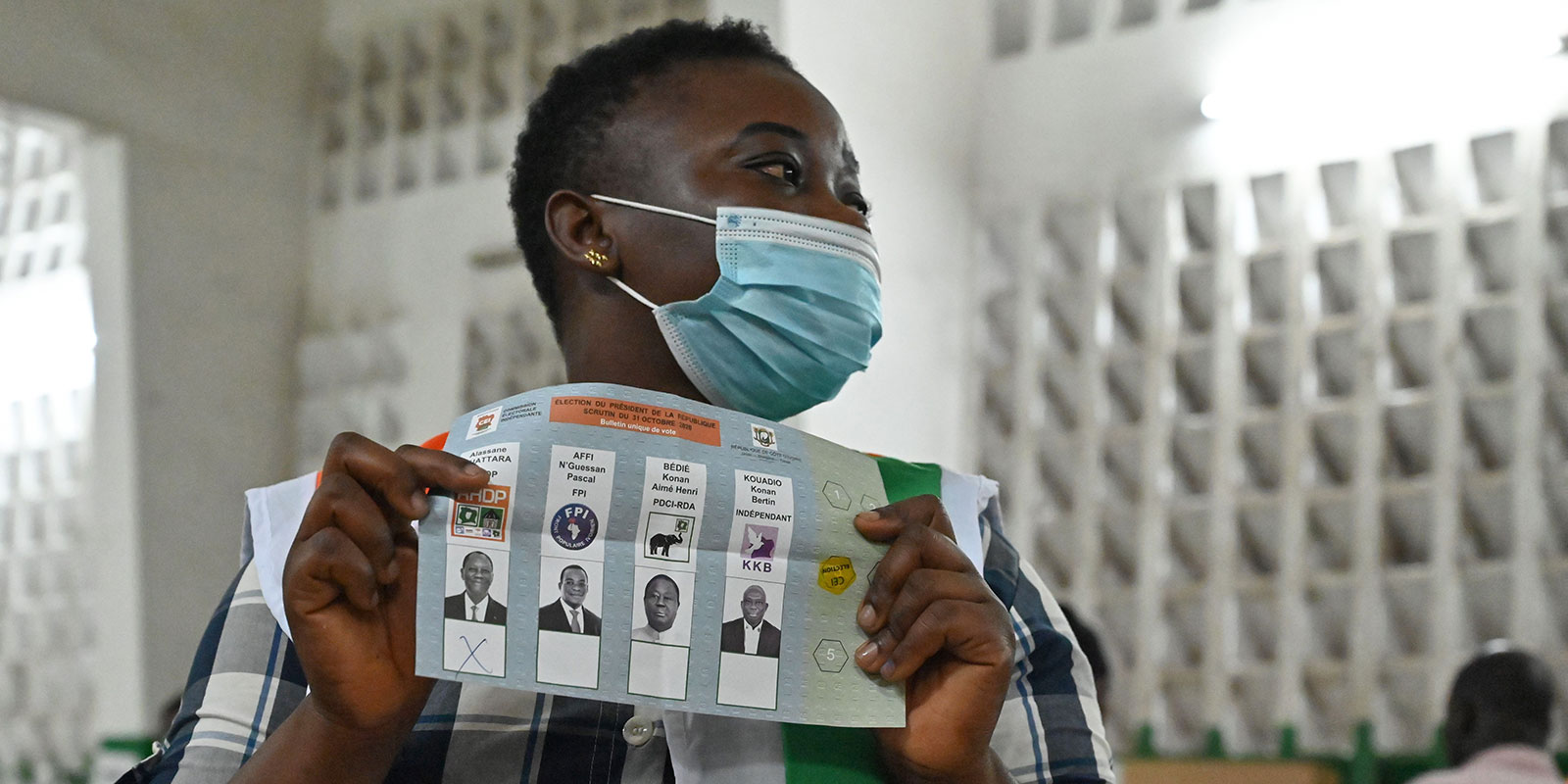Effects of COVID-19 on elections
The devastating effects of COVID-19 were felt on health and health related resources and infrastructure to contain the immediate effects of the pandemic on African countries. With businesses closing, many fragile African economies suffered, opening the already gaping rich-poor gaps in many African countries even wider, exacerbating social inequalities. Globally, COVID-19 exposed the shortcomings to plan systematically and strategically for natural and other disasters for medium to long-term. For elections, Election Management Bodies (EMBs) in some African countries faced several challenges in terms of how to plan and respond to scheduled elections due to the pandemic. With no clear policy guidelines and laws to tackle such disasters, their responses ranged from uncertainty to hesitation. Some cancelled or suspended elections or by-elections indefinitely.
COVID-19, elections, and livelihoods
In Europe, like in Africa, some elections proceeded amid uncertainty and caution by election bodies; but many felt the significant impact of COVID-19. Not only were elections delayed, but COVID-19 also undermined civic and human rights, threatened legality and imposed states of emergency indefinitely. Critics decried what they saw as the abuse of emergency powers, threats to liberty, personal and group privacy, and freedom, following tightened security to control the spread of the virus. Freedom of association and movement, which include the right to exercise electoral democracy, were also affected.
In the USA, the country’s response to the pandemic inevitably affected its 2020 elections. The thousands of COVID-19 deaths it incurred since the beginning of 2020 suggest that it was also unprepared for the disaster, following uncoordinated and confusing messages from President Trump and the governors of the various states.
Many similarities are discernible between African countries’ and USA handling of elections during COVID-19. EMBs on both sides of the Atlantic realised quite early in 2020 that ‘business as usual’ methods of election management would not work while the pandemic was ravaging. They thus developed COVID-19 protocols for polling stations, voters, and election officials to protect all their stakeholders against the pandemic once it became clear that elections could not be postponed indefinitely. However, it remains unclear as to who developed and implemented the best strategies to address COVID-19 challenges during their 2020 elections. In Africa, poor infrastructure, and the general reluctance of some countries to adopt EVMs or electronic voting might mean that the USA fared better in its 2020 elections as some states used electronic voting and other tools.
Key COVID-19 lessons for USA and African elections
On electoral democracy, some countries in Africa learnt that elections should not be postponed simply because of a ravaging pandemic. Also, anecdotal evidence suggests that some African countries have learned that their electoral systems must be up-to-date and fair. Second, the absence of the USA election management body (EMB) was conspicuous when Trump declared victory unilaterally. Even Biden, whose supporters eagerly wanted him to also pronounce himself the winner, must await election management and due processes to release the official election results. Best international election management practices dictate that only the EMBs, poll officials and the legal system can declare final results and winners. In other countries, Trump would have been accused of flouting the election code of conduct or of inciting violence. While the Americans seem to have avoided Personal Protective Equipment (PPE) – African EMBs would be eager to find out how much the different states spent on sanitising and disinfecting polling stations and safeguarding polling officials and voters alike.
Third, unlike elsewhere, such as in Europe, where voter turnout was already too low, the unusually high USA voter turnout is probably enviable to many countries, especially since its elections were conducted well overall. Fourth, the USA media hype around Trump-Biden campaigns, suggests a two-horse race, overlooking the more than 1000 other registered parties. This would be unenviable to many African countries, and is one area in which the USA could learn from some progressive African countries on the role of the media during elections. The USA should also allow international observers from African, Caribbean and African Diaspora countries.
Nevertheless, the 2020 USA elections showed that the winners can enjoy their victory with humility and without violence; despite attempts at sowing discord made by some supporters closer to election day.
Regarding stability during elections, the Americans showed that pre-election campaigns should not lead to violent conflict. Despite election day tensions, a peaceful polling environment prevailed overall. Unlike in some African countries during elections, in the USA, there were no ‘no-go areas’ preventing rival parties from campaigning and wooing supporters.
In conclusion, as many countries, in Africa and beyond, conduct elections amid the COVID-19 pandemic, there would be lessons to learn from their different experiences, including the value of using technology such as EVMs, safeguarding of election material, and protection of voters by sticking to strict health requirements on voting day.
Prof Kealeboga J. Maphunye, is Professor of African Politics, Unisa, Department of Political Sciences. The author is grateful for information that he received from a few African election officials who requested to remain anonymous.

